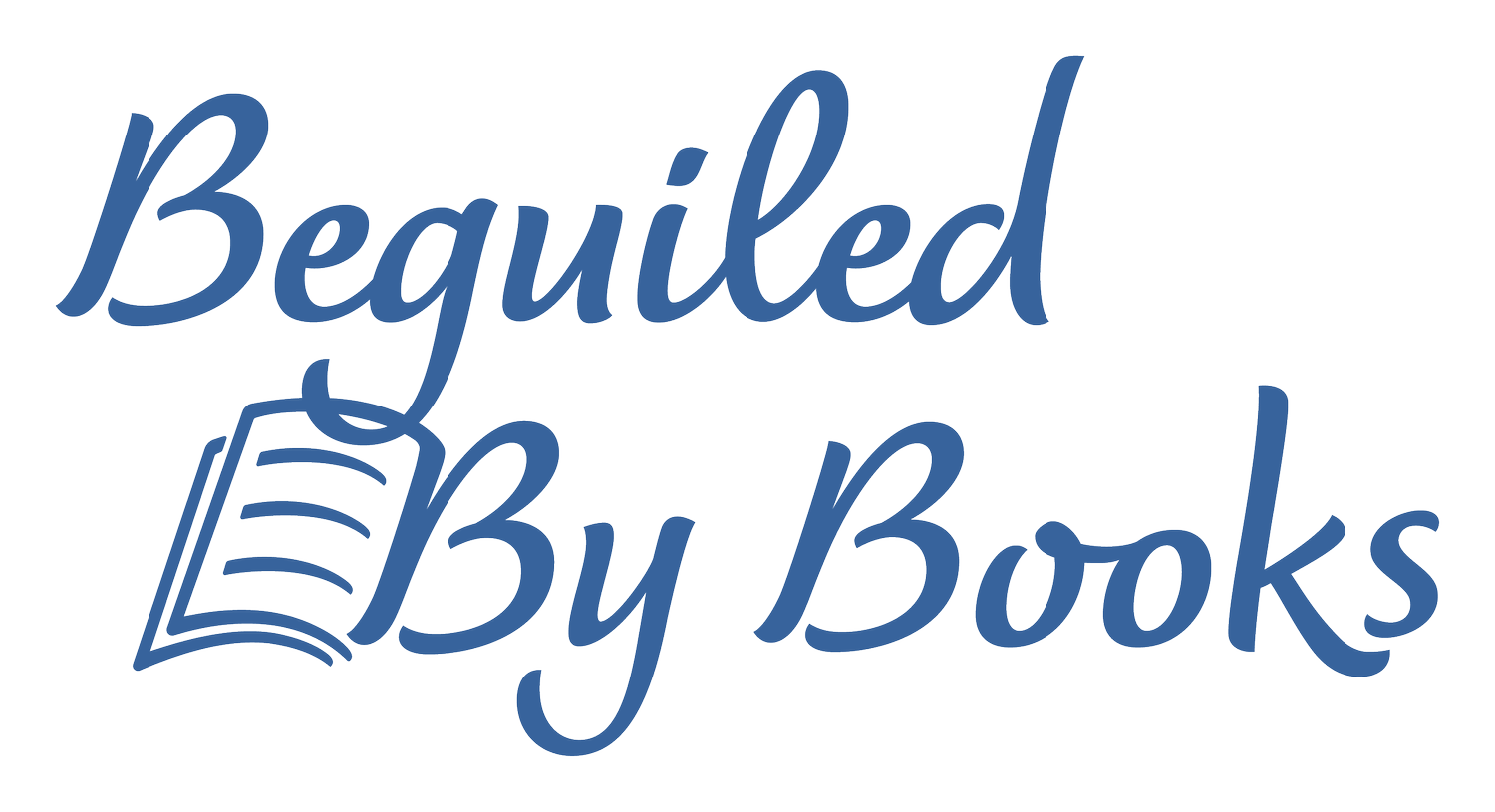Forgetting: The Benefits of Not Remembering by Scott A. Small
As someone described as “absent-minded” and “forgetful,” I was keen to read Forgetting: The Benefits of Not Remembering by Scott Small. The book is split into chapters about the different types of minds in Small’s experience in neurology. He discusses everything from average memory decline with age to Alzheimer’s disease to those with outstanding recall ability.
From a scientific and technical perspective, this book was great. That said, it was deeply scientific and technical. I would not describe Forgetting as an easy read. I appreciated this book’s understanding of the connections and similarities between computer science and neuroscience with new studies and science. Teams in both fields are using techniques and developments to enhance how we use and improve computers and understand the brain and how memory works.
“Recent research in neurobiology, psychology, medicine, and computer science has contributed to a clear shift in our understanding. We now know that forgetting is not just normal but beneficial to our cognitive and creative abilities, to our emotional well-being, and even to societal health.”
The analogy to a computer was helpful for me in realizing that just because my memories are not always available instantly, it doesn’t mean they’re not there. Memories are stored, much like computer files, in a complex system of folders many levels deep. Sometimes, it takes the brain a bit longer to access those files. Perhaps more importantly, you may already move on to another task or another experience by the time your brain accesses those files, causing you to get a random memory out of context or to remember That Thing in the shower or while mowing the lawn.
What I enjoyed about this book is when it begins to focus on why forgetting is essential.
“Forgetting is required for emotional well-being: for letting go of resentments, neurotic fears, and hurtful experiences that fester. Too much memory or too little forgetting imprisons with pain. Forgetting is required for societal health and for creativity, lightening the mind for those eureka moments when unexpected associations are made. Without forgetting, all flights of creative fancy would be moored by memory.”
This quote encapsulates so much and validates my feelings of “it’s okay to forget.” Remembering everything (like that time when you were eleven and said something dumb) causes pain. You can’t grow and evolve if you feel stuck in a cycle of remembering the past.
Forgetting: The Benefits of Not Remembering is an insightful and technical book. Carve out some time in your day when you’re mind is awake and active to read this book and take your time. There’s a lot to absorb, and you’ll enjoy the book more as an active read rather than something you pick up on the nightstand before falling asleep.
3/5 – Technical, but recommended!
